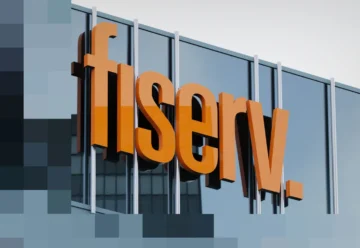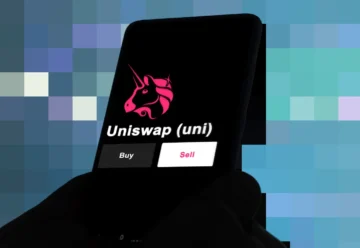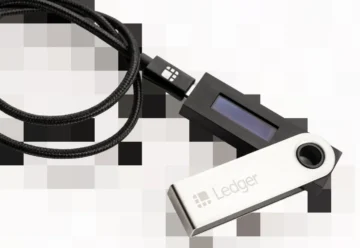European International Blockchain Infrastructure Successfully Tested

The IOTA Foundation successfully completed testing of the European Blockchain Services Infrastructure (EBSI), developing prototypes of DLT solutions that will be implemented in the EU’s international blockchain infrastructure in the future.
The IOTA Foundation, a leading developer of software for the Internet of Things (IoT), announced the successful completion of Pre-Commercial Procurement (PCP), the final phase of testing the EBSI, the EU’s blockchain infrastructure.
Pre-Commercial Procurement (PCP) is used by public organizations to drive innovation and develop new technologies and solutions that aren’t yet available in the market. Under PCP, public organizations collaborate with private companies, academic institutions, and other entities to develop, test, and evaluate new technologies.
The initiative was launched by the European Commission in 2020 together with leading developers of blockchain solutions. The project aims to develop a scalable, resilient, and secure international infrastructure based on distributed ledger technology (DLT) that meets EU regulatory requirements and local user demand for blockchain solutions.
As part of the initiative, the IOTA Foundation collaborated with Chromaway, a blockchain security software solutions provider, and Billon, a U.K.-based blockchain payment solutions provider, to develop prototype DLT solutions for intellectual property rights (IPR) management and digital product passports (DPP), which will be integrated into the EBSI in the future.
Both solutions are based on the use of smart contracts, NFTs, and decentralized identifiers (DID) to provide full transparency of the entire product lifecycle, from production to disposal. As part of the initiative, the solutions were tested on IOTA’s decentralized infrastructure Tangle, which demonstrated scalability and high performance.
The PCP tests proved the viability of DLT systems in commercial use cases, as well as their potential in the context of improving the efficiency of blockchain solution adoption in the EU. It’s planned that the results of this project will be used within EUROPEUM-EDIC, the next phase of testing and development of the European Union’s international blockchain infrastructure.
According to Dominik Schiener, Chairman of the IOTA Foundation, the EBSI is an important step towards creating a single digital space in Europe. He also noted that the technological achievements of IOTA will strengthen Europe’s position in the global digital market.
In 2023, the EU created the European Blockchain Regulatory Sandbox (EBRS) designed to enable dialogue between blockchain companies and regulators. And blockchain project Protokol created the EBSI VECTOR project, a platform for verifying digital documents in the EU.











